A Too-Quiet Summer
It’s the height of summer, and my flower gardens are a riot of color. But it’s a decidedly quieter riot here in the mid-Atlantic region, both thanks to the fact that cicada Brood X stayed east and, more troubling, a mysterious disease that’s affecting the songbird population.
Evidently it’s the birds’ turn to practice social distancing. Wildlife officials in the region are asking people to stop feeding birds and to remove feeders and bird baths to prevent infected and not-infected birds from congregating. Feeders and baths should be cleaned with a 10% bleach solution.
Reports of the mysterious deaths first started in the Washington, D.C., area in late May, but have now spread throughout the mid-Atlantic and into the Southeast and Midwest.
The most common symptom is described as discharge and crusting around the eyes. Some birds also show neurological issues, such as falling over or head tremors. The species affected are mainly young blue jays, starlings and grackles, as well as robins, cardinals and other songbirds. While hummingbirds didn’t make the list, officials are also asking that those feeders be cleaned and put away.
Garden centers can play a role not only in providing the feed, seed and other necessities for backyard birding, but also to keep customers and the surrounding community informed with updated news.
I spoke with Dawnette Fetterman, marketing and event coordinator at Herbein’s Garden Center in Emmaus, Pennsylvania, in June to chat about how Herbein’s has expanded its birding offerings, and recently checked in again to see how they’re handling this mysterious bird disease. She says she’s been following their local Lehigh Valley Audubon and the news keeps changing about the origin of the disease — but once she finds out the latest information, “I am planning on getting the info out to as many customers as possible,” she told me. “I actually had some customers over the weekend ask me if I knew anything about it, so I shared with them what I knew at the time. It was nice to speak with someone that cares about nature. I am putting out some literature in the store as well, once I get to the local Audubon’s website for the update and will continue to update customers as I receive anything new.”
This might also be a good time to steer your customers to the green goods and remind them that plant material is also an excellent bird (and pollinator) attractor. The seeds, fruit and nectar all attract insects, on which the birds can feast. They’re also happy to peck on sunflowers, coneflowers, cornflowers (and a few other varieties that might not end in -flower).
And don’t forget the hummingbirds — trumpet-shaped blooms are great for their long, skinny beaks — salvia, petunia and calibrachoa are among the many plants I’ve seen them visit in my own yard.


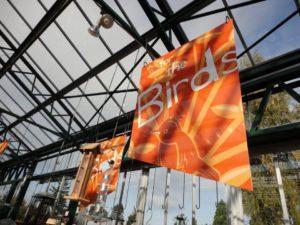
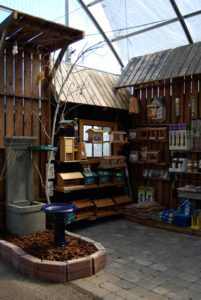
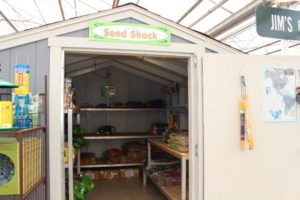
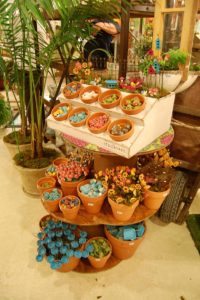
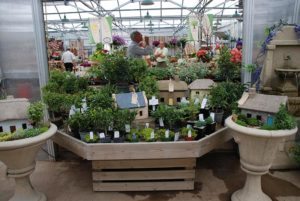
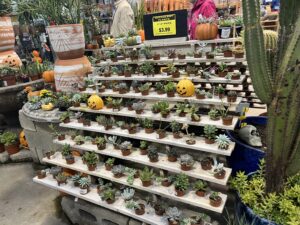
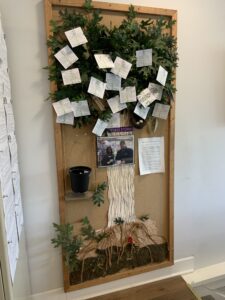
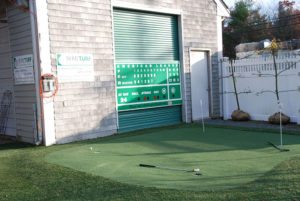
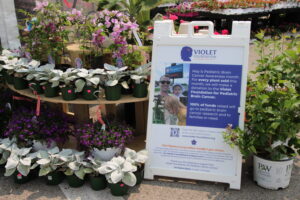
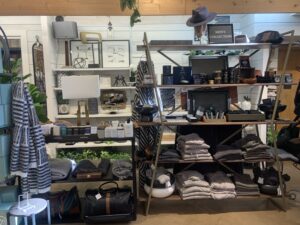
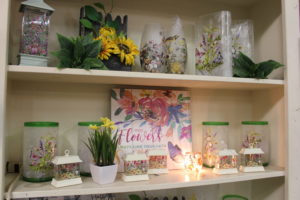
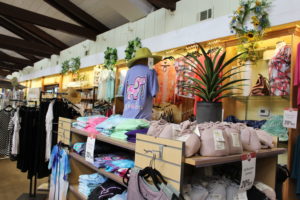
 Videos
Videos





